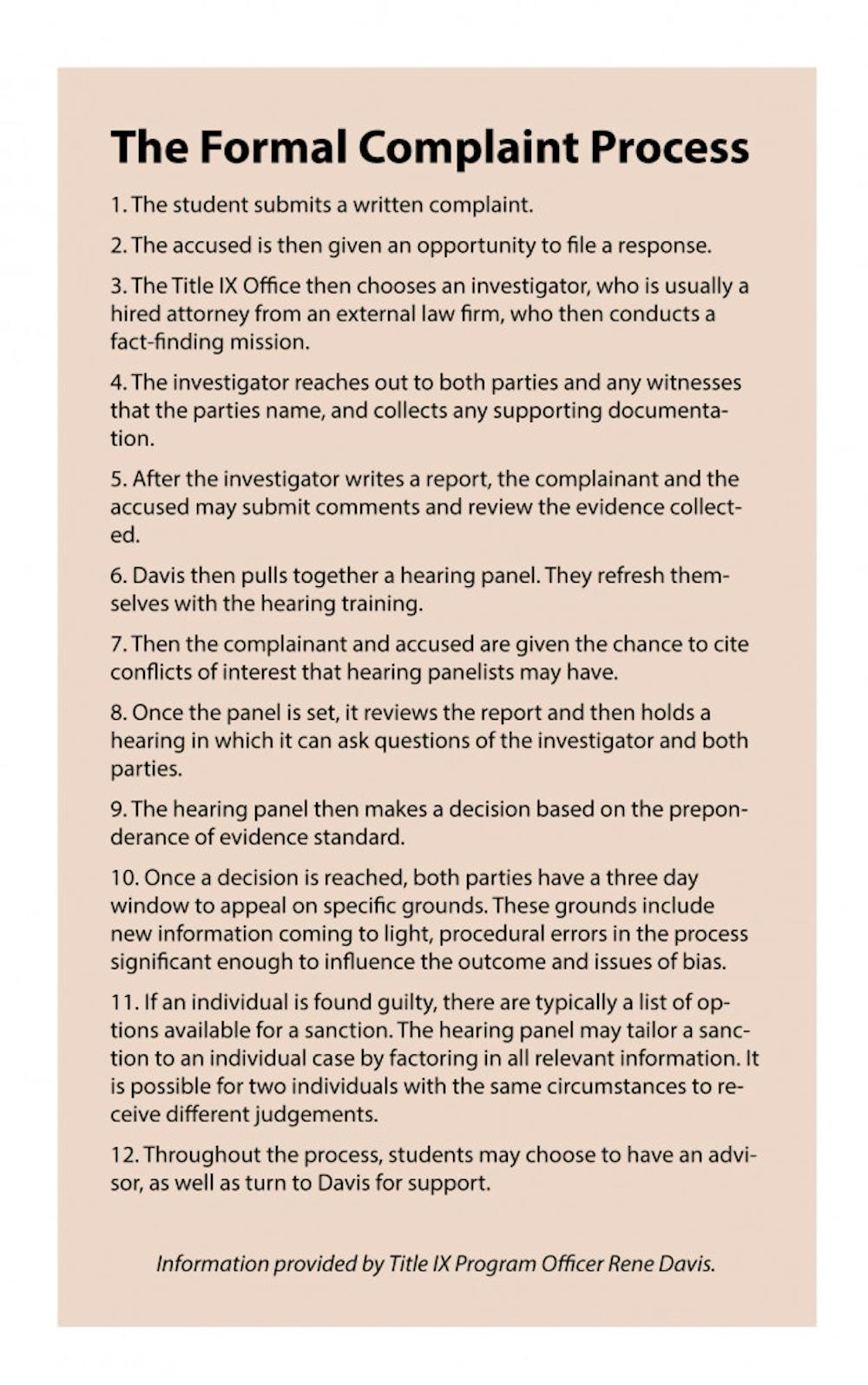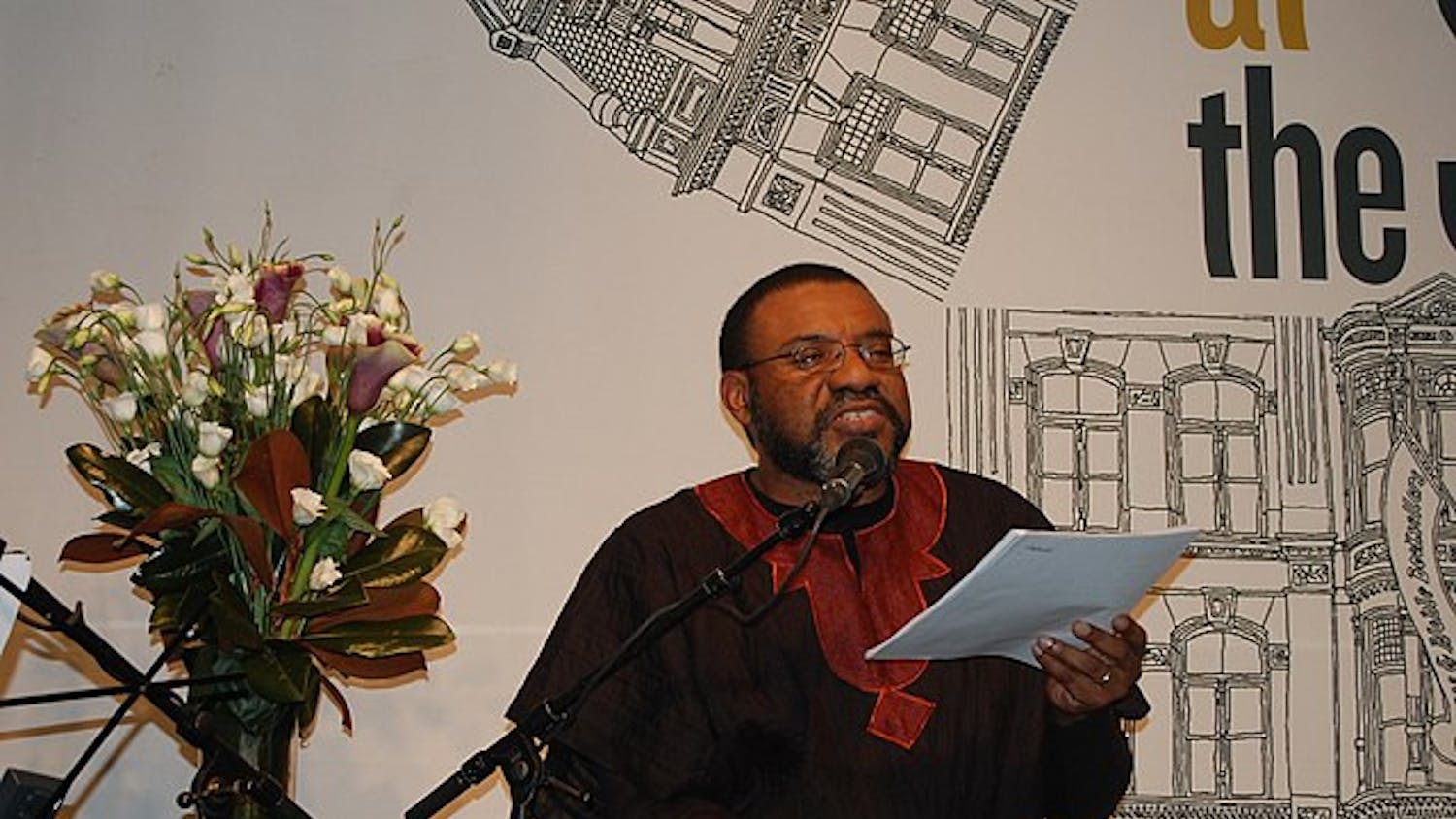Before Title IX Program Officer Rene Davis stepped into her role in July, the Title IX Office had been managed by a team of temporary administrators.
Following the departure of former Program Officer Amanda Walsh in January, Liza Cariaga-Lo, senior advisor to the provost for academic development, diversity and inclusion, served at the head of the office, along with Marc Peters, health promotion specialist at health services, and Kirsten Wolfe, assistant dean of student conduct and community standards, who worked as interim deputy Title IX coordinators for undergraduates, according to a statement from President Christina Paxson P’19. Other administrators also played various roles in the process.
During the spring, some undergraduates and graduate students criticized the University for its lack of permanent staffing in the office and overburdening of interim staffers.
The supervision of the Title IX Oversight and Advisory Board helped ensure that procedures remained consistent throughout the interim period. The oversight board checks “that the University is following its own policies with regards to Title IX and to assess whether or not those are the proper policies,” said Laurel Bestock, the chair of the Title IX Oversight and Advisory Board and associate professor of archaeology and the ancient world and Egyptology and Assyriology.
The oversight board invited the interim team to its formal meetings, she said, adding that various members attended the board’s three meetings. Additionally, Bestock scheduled informal meetings to assess and address the needs of the Title IX Office throughout last semester.
During the office’s leadership shift, “the policies themselves did not change,” Bestock said. “The implementation of those policies does require people, but provided that the policies are there and are followed, … we at least (had) the means to go forward.”
Cariaga-Lo has intensive and long-standing experience with University administration, Bestock said, adding that she and the oversight board were confident that the Title IX policies were implemented with procedural knowledge and institutional memory.
Claire Hall, an attorney and the principal of UECAT, LLC, also worked with Jessica Katz, former University employee and Title IX investigator, to outline a template of Title IX procedures for the interim administrators, Wolfe said. Because no attorneys worked on the interim team, Hall provided necessary legal advice during the weekly meetings, she added.
The oversight board helped University administrators understand the importance of communicating the search committee’s progress. “(The board) also played a critical role in communicating to the whole Brown community what was happening. … There was a lot of fear … about what this transition meant,” Bestock said.





